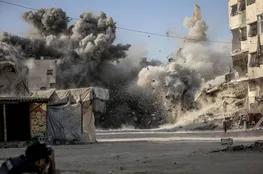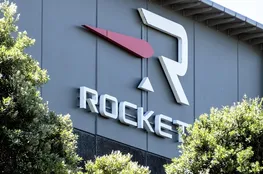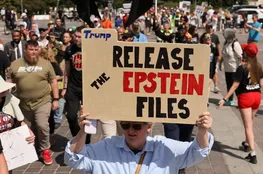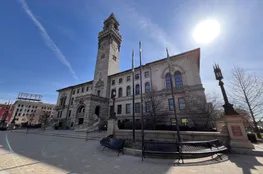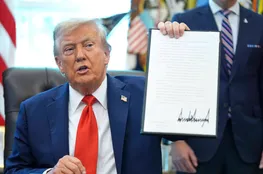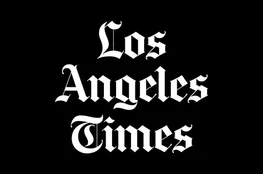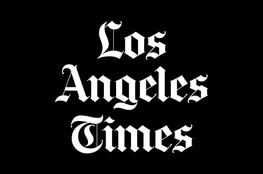Thousands of supporters of Pakistan's imprisoned former prime minister, Imran Khan, rallied on the outskirts of Islamabad on Sunday to denounce his 'illegal' incarceration and demand his immediate release. Organized by Khan's Pakistan Tehreek-e-Insaf (PTI) party, the event was one of the largest public gatherings in the capital’s history. Despite police blocking the officially designated routes with shipping containers, the turnout was strong. Authorities deployed riot police to prevent possible unrest, but this didn't stop PTI workers from marching toward Islamabad, removing containers at several entry points.
During their journey, police clashed briefly with PTI supporters, using tear gas, and reported injuries due to alleged stone-pelting. Party leaders denied these allegations. Central PTI leader Hammad Azhar addressed the rally, vowing to continue efforts until Khan’s release. Critics noted that the rally underscored Khan's enduring popularity. Michael Kugelman, director of the South Asia Institute at Washington’s Wilson Center, highlighted the rally's strong turnout despite state tactics to limit participation, noting PTI's persistent mobilization abilities. Khan has spent 400 days in prison, facing charges from corruption to sedition and inciting violent protests.
He denies these allegations, alleging they are politically motivated and orchestrated by the powerful Pakistani military to block his return to power. Despite appeals courts overturning or suspending his convictions for lack of evidence, authorities quickly filed new charges. The United Nations declared Khan's detention arbitrary in July, citing no legal basis for his imprisonment. Mushahid Hussain, recently retired from Pakistan’s Senate, criticized Prime Minister Shehbaz Sharif's government for creating an 'atmosphere of fear & force' by barricading Islamabad with containers and coercion. He warned that such actions would hinder political stability and economic recovery, calling for the use of 'Common Sense.'
The PTI's rally in Islamabad was its first since the parliamentary elections on February 8. Although Khan was barred from running, PTI candidates won most seats in the National Assembly but not enough to form the government. PTI alleged massive vote rigging prevented a sweep, enabling military-backed rival parties to form a coalition government led by Sharif. Many PTI workers and leaders are jailed or facing trials on charges their defense attorneys reject as baseless, viewing them as part of a state crackdown. Khan, Pakistan’s prime minister from 2018 to April 2022, was ousted through an opposition parliamentary no-confidence vote, which he claimed was orchestrated by the military.
These allegations have been denied by successive governments and military officials. Last month, Khan announced his candidacy for chancellor of the University of Oxford, voting for which begins online on October 28. Khan previously served as the University of Bradford’s chancellor from 2005 to 2014.



